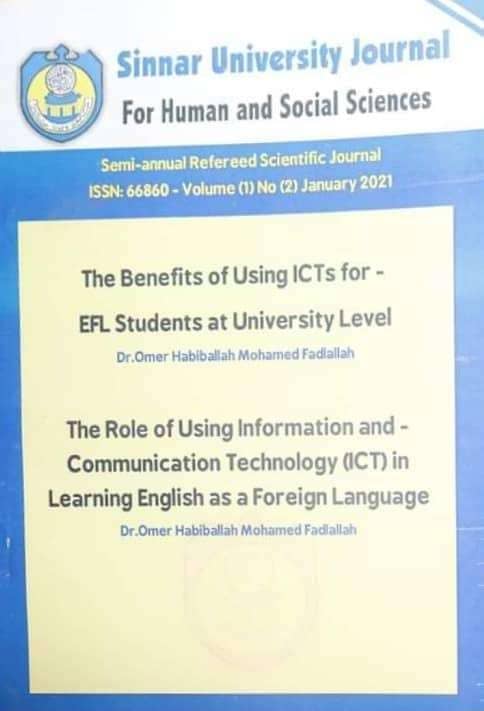IQ of identical and non-identical twins (Field study in Khartoum State)
Abstract
Abstract:
This Study aimed at exploring IQ levels among the monozygotic and dizygotic twins at basic and secondary schools of Khartoum state, and finding out the nature of the relationship between intelligence and some demographic variables. The researcher used the descriptive method. The standard progressive Matrices (SPM) test was applied on a purposive sample of (60) monozygotic and dizygotic, (30) monozygotic, (30) dizygotic, (16) males and (14) females, from private basic and secondary schools, their age range was between (11– 17) years old. The statistical tools used were: Man-Whitney test, tow independent samples (T) test and Spearman correlation coefficient. The study found the following results:
- There are no statistically significant differences in IQ levels between monozygotic and dizygotic twins,
- There are no differences in intelligence among twins due to gender.
- There is no significant correlation between intelligence and the variables of head diameter, birth order and relative relation among monozygotic twins.
-
In conclusion, the researcher recommended the following: applying methods and practical programs that help increase IQ levels, and preparing stimulating environment. The editors of educational publications should care for the differences in intelligence among students and use that to enhance their abilities and capacities to the maximum.





